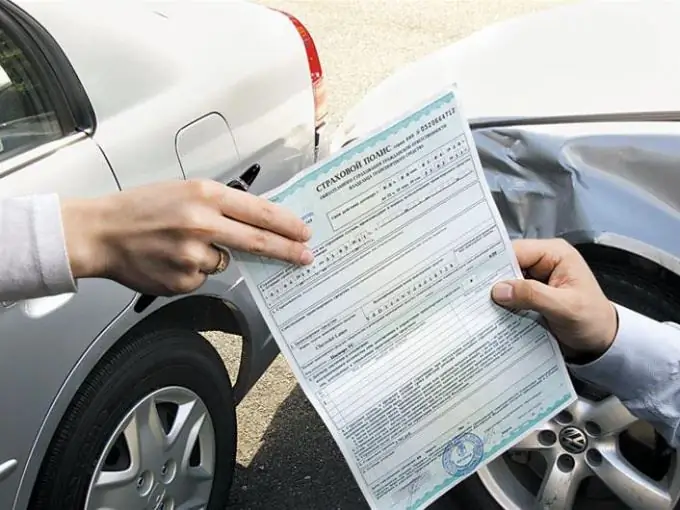- Author Maria Gibbs gibbs@autolifeadvice.com.
- Public 2023-12-16 03:05.
- Last modified 2025-01-22 17:47.
Probably, many car owners have faced such a situation: they came to the office of the insurance company to issue MTPL policies, but they were refused under the pretext of lack of forms. However, if the client agreed to insure life as well, the forms magically appeared. Thus, OSAGO was much more expensive, since additional services were imposed.

In fact, such actions of the insurance company are illegal. The press service of the Bank of Russia has issued official explanations in this regard. In accordance with the Federal Law "On Compulsory Insurance of Civil Liability of Vehicle Owners", OSAGO is a public contract, therefore, refusal when it is possible to conclude a contract is unacceptable. Therefore, the answer "There are no blanks" is illegal, and you can safely go to court.
As a rule, in order for the forms to “appear”, additional services are imposed on motorists. Here you can refer to the "Law on the Protection of Consumer Rights", which directly prohibits insurers from imposing additional services when issuing OSAGO policies.
If this company does not "get through" and it still refuses to conclude an OSAGO contract, it can be forced to do so through the courts, besides, it will be obliged to compensate for material and moral damage.
The car owner can only prove the fact of contacting the insurance company. This can be done in several ways. The easiest one is to take a dictaphone with you and record the conversation. It will be even better if your conversation is confirmed by a couple of witnesses - so bring your friends with you. The law also allows the use of photo and video devices, but, most likely, insurers will demand to remove them and will not make contact (although, in fact, they have no right, even referring to a trade secret - any citizen can take photos and videos on any private territory, in an unclassified and non-strategic enterprise, and even more so in a private office).
In addition, you can send a letter (offer agreement) to the insurer via mail with a receipt acknowledgment. The insurance company, in accordance with the Civil Code of the Russian Federation, within 30 days after receipt, must either conclude a contract or legally refuse.
So, if you are refused to conclude an OSAGO agreement, you must collect evidence that you applied to the insurance company and were refused, send them to the Bank of Russia, the Prosecutor's Office, the Federal Antimonopoly Service or Rospotrebnazdor, and also file an application with the court. The judge will oblige the company to enter into a contract and pay you compensation.






